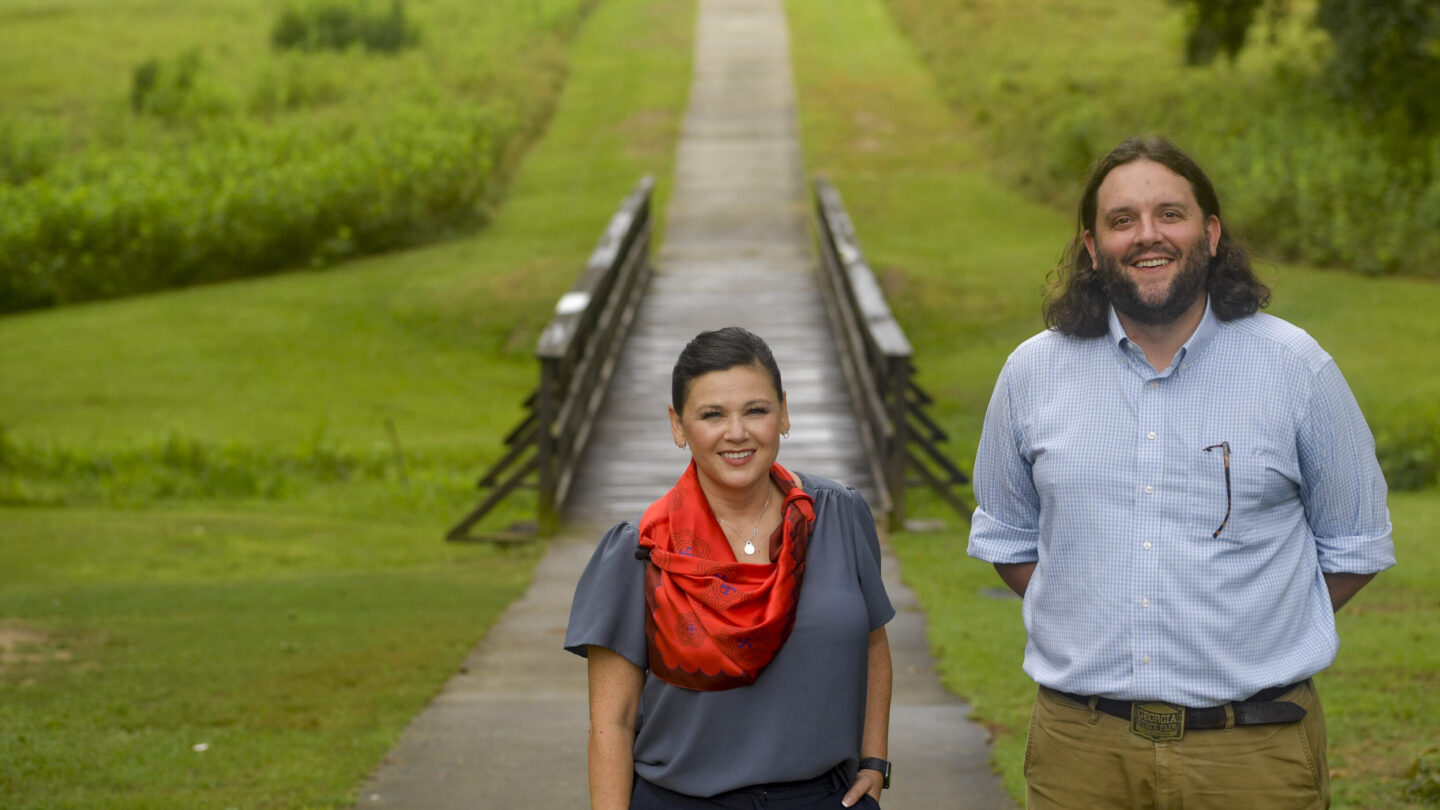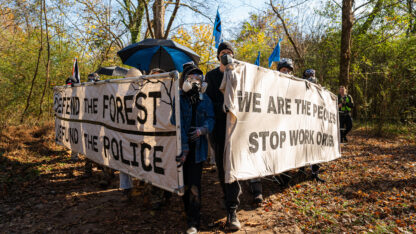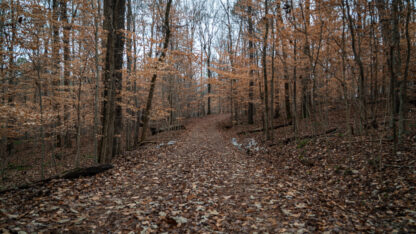The National Park Service announced Thursday that it has delivered to Congress its long-awaited study on whether the Ocmulgee River corridor in central Georgia meets the criteria to be managed as a national park and preserve. The answer: Not quite, not yet.
But supporters aren’t dismayed — they say the study was based on initial, since-abandoned plans that raised concerns that have already been addressed, and they now have what’s needed to show Congress that the Muscogee Creek Nation’s historic homeland in central Georgia deserves federal protection.
The Special Resource Study says 120,000 acres (48,560 hectares) along more than 50 miles (80 kilometers) of river between Macon and Hawkinsville are nationally significant and suitable for a park, but it’s not feasible because the corridor includes too many private property owners and state-managed lands. Acquiring and managing all that land — which faces expanding threats from development, mining and timbering, would be too challenging.
The park service said there is a path forward however — the study recommends formally partnering with the Muscogee Creek Nation and the Georgia Department of Natural Resources to manage a reduced area along the banks of the Ocmulgee “to mitigate many of the concerns that led to a negative finding.”
Seth Clark, Macon’s mayor pro-tem, said they’ve already done exactly these things — endorsing Georgia’s continued management of state lands, formally partnering with the Muscogee and securing a $1 million Knight Foundation grant to buy more private land, including 1,000 acres (405 hectares) already under contract.










